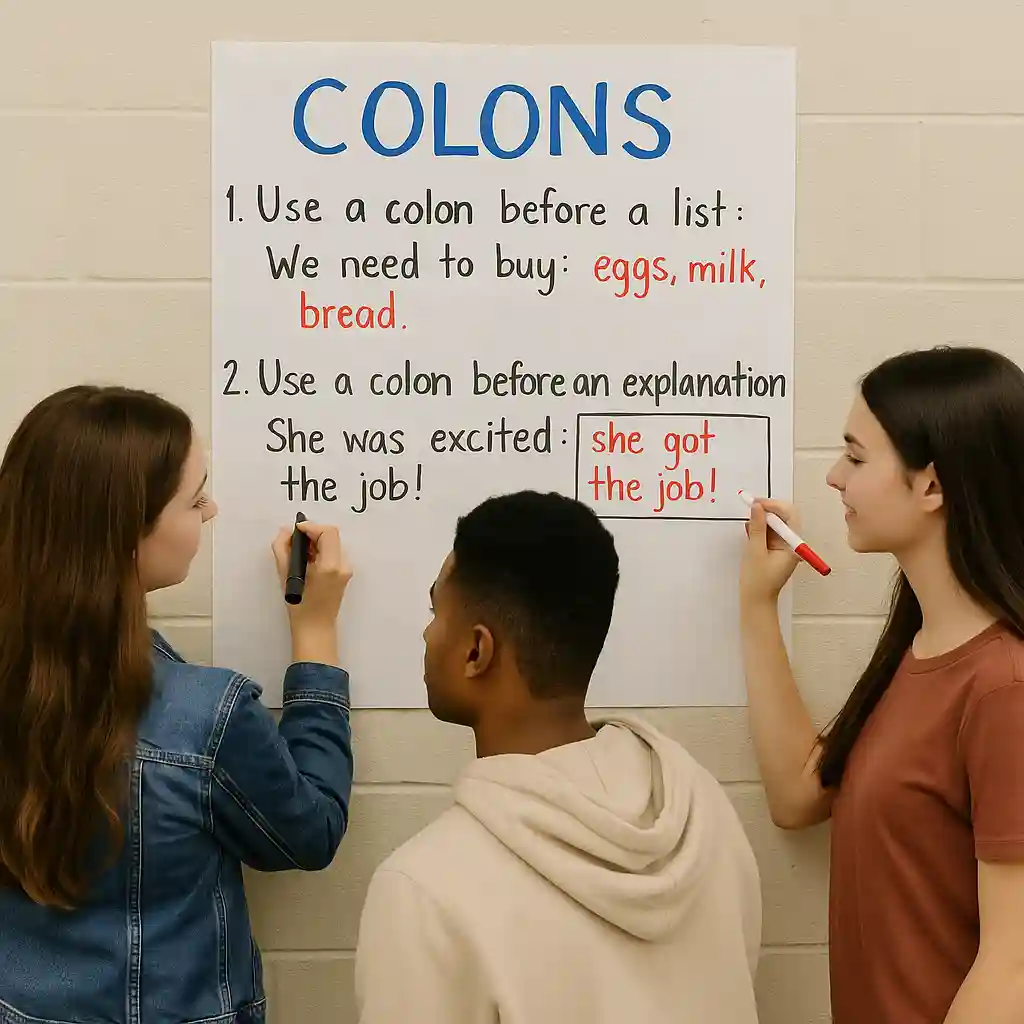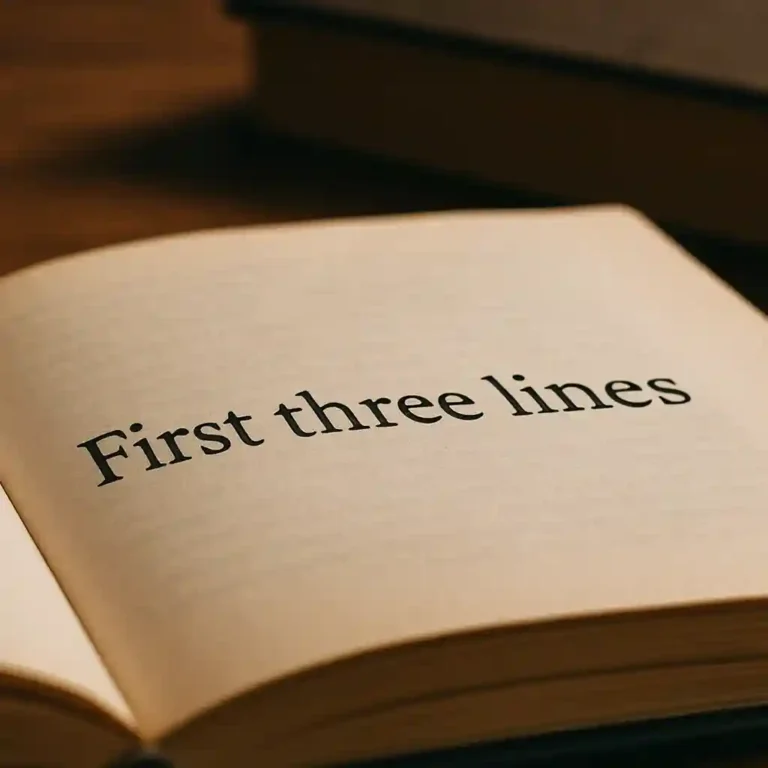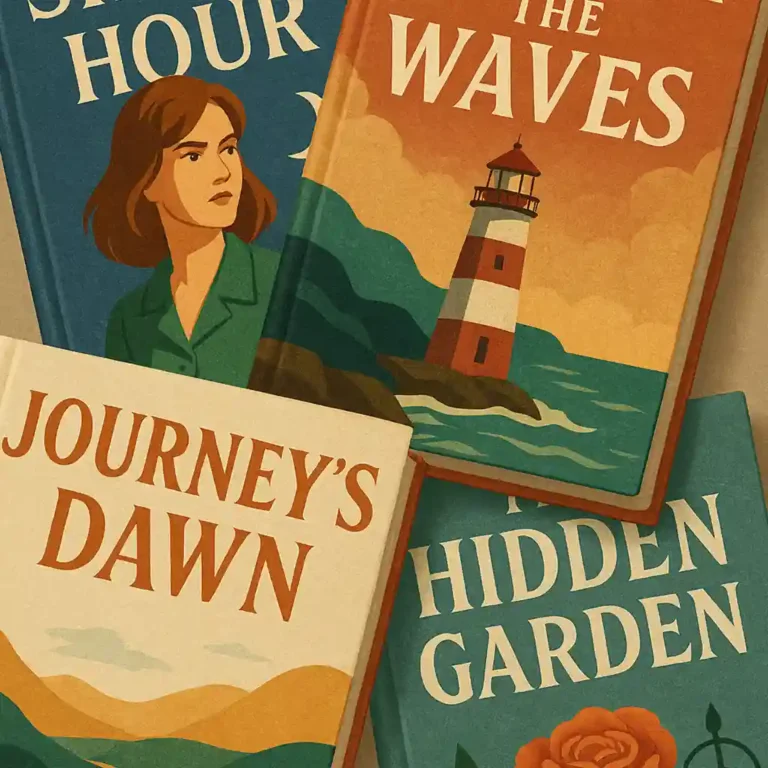Day 18: Colons Lesson Plan and Final Script & Storyboarding
Today’s class has a nice balance of structure and creativity. Students will begin with silent reading, followed by a focused colons lesson plan, and finish with time to polish their scripts and storyboards. This lesson wraps up our writing and storytelling unit, so it’s a chance for students to bring together everything they’ve been working on.
Lesson Flow
1. Silent Reading – 15 minutes
As always, we’ll begin with 15 minutes of quiet, independent reading. This routine gives students a calm start to class and helps them settle into a focused mindset before transitioning into writing and grammar work.
2. Colons Lesson
After reading, we’ll move into a short lesson on colons. This is a great opportunity to remind students that punctuation isn’t just about correctness—it’s about clarity and style. Colons can introduce lists, explanations, and emphasis in powerful ways. You can find the detailed lesson here:
3. Final Day for Script & Storyboarding
The rest of the period is dedicated to finishing their script and storyboard projects. Students should be reminded this is the last day for in-class work on these assignments. Encourage them to refine their dialogue, tighten up their visuals, and ensure the storyboard clearly reflects their script’s flow. Walking around to offer feedback, encouragement, and time management tips can help keep them on track.
Teacher Tips
Circulate and Conference: Take a few minutes with each student or group to check their progress. Offer specific praise and one suggestion for improvement.
Set Clear Deadlines: Remind students when final projects will be submitted and what elements you’re looking for.
Celebrate Effort: This is the end of a big creative project, so take a moment to acknowledge how far students have come in the process.
Conclusion
Day 18 brings a satisfying close to the scripting and storyboarding unit, tying together grammar precision and creative expression. The colons lesson reinforces that strong writing depends not just on ideas, but on structure and clarity—skills that directly strengthen scriptwriting. As students put the finishing touches on their projects, they’re applying everything they’ve learned about dialogue, pacing, and visual storytelling. This final work period isn’t just about completion—it’s about reflection, growth, and pride in what they’ve created. It’s the perfect bridge between technical mastery and artistic storytelling.






